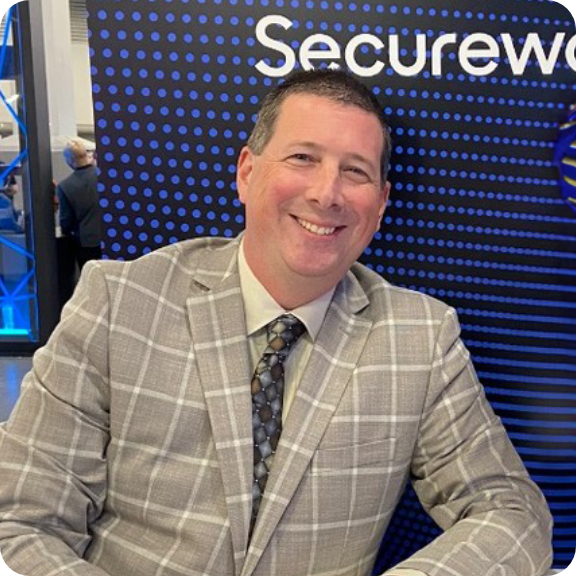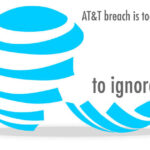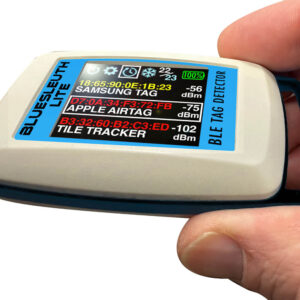Your cart is currently empty!
FBI’s Encryption Hack is a Public Health Issue
Think about every twist and turn in this Apple vs. FBI battle… Now forget everything you know. This battle has just become a public health issue for law enforcement and here’s why.
Just hours before a controversial court ruling was to begin, the FBI filed a motion to vacate the case against Apple announcing that it was to receive 3rd party assistance from an unknown group claiming to have a workaround to unlock the iPhone 5c. This changes everything but now places a new burden squarely upon the FBI.
Apple has reached out to the FBI asking for their cooperation in revealing any known hacks they might be privy to. On the surface, it may look like the pot calling the kettle black but by filing a motion to vacate and publicly revealing a possible security weakness, the FBI has declared a serious security threat they are not willing to share. That is the equivalent to the CDC withholding vital information about a communicable disease which is morally and legally wrong.
Dr. Trudy Wassenaar draws some interesting parallels between silicon-based viruses compared to our carbon-based ones when she writes “…computer viruses are like sexually transmitted diseases. Their spread (through sharing infected diskettes) is like that of STDs, whose spread is related to specific behavioural practices.” We know how easy it is for hackers to fool unsuspecting computer users to click on a link or type their password into a suspicious website. It happens everyday. Now imagine if the FBI or NSA publicly knew about hackers and hacks like these and did nothing. Besides being morally questionable, it would be a public relations nightmare if the FBI withheld information from Apple leading to millions of compromised iPhones. But that seems to be exactly where we’re heading.
Now that the dust has settled, analysts are looking at who won. But is it really over? It is believed that the FBI received help from Cellebrite, an Israeli company specializing in cracking iOS and Android devices, but we are still talking about one phone. Ever since this case began, many local and state law enforcement personnel have come forward with their own iPhone unlocking requests. Those requests fell on deaf ears as Apple tried to cut this precedent setting ruling at the knees. But since then, Kerry Sleeper, assistant director of the FBI’s partnership engagement office said “We know that the absence of lawful, critical investigative tools due to the “Going Dark” problem is a substantial state and local law enforcement challenge that you face daily.” He goes onto say, “You have our commitment that we will maintain an open dialogue with you. We are in this together.”
So the FBI is on record stating they will help other agencies unlock iPhones for criminal investigations. What about Apple’s needs? There was always a possibility that the Feds might disclose the hacking method to Apple under the Vulnerabilities Equities Process but Andrew Crocker, a staff attorney with the Electronic Frontier Foundation, said it was “perhaps a long shot”. “Given the profile of this case, it is an important test for the government’s disclosure policy and whether it is willing to provide more transparency about how it goes about weighing disclosure against intelligence or law enforcement uses of zero days,”

Scott Schober
CEO | Author | Speaker at Berkeley Varitronics Systems
Scott Schober presents at cybersecurity and wireless security conferences for banking, insurance, transportation, construction, telecommunications and law enforcement industries. He has overseen the development of dozens of wireless test, security, safety and cybersecurity products used to enforce a “no cell phone policy” in correctional, law enforcement, and secured government facilities. Scott regularly appears on network news programs including Fox, Bloomberg, Good Morning America, CNN, MSNBC, NPR and many more. He is the author of 'Senior Cyber', 'Cybersecurity is Everybody's Business' and 'Hacked Again', the “original hacker’s dictionary for small business owners” - Forbes Magazine.
Our Newsletter
Lorem ipsum dolor sit amet, consectetur adipiscing elit. Aliquam mattis ligula vitae leo scelerisque, sit amet feugiat ex venenatis.
"*" indicates required fields
Latest Posts
Our Best Sellers
How can we help?
Lorem ipsum dolor sit amet, consectetur adipiscing elit. Nunc dictum aliquet justo sit amet consectetur. In tempor lobortis ante vitae ornare. Praesent feugiat magna at tempor consequat. Aenean in iaculis libero, aliquam imperdiet mi.









Leave a Reply